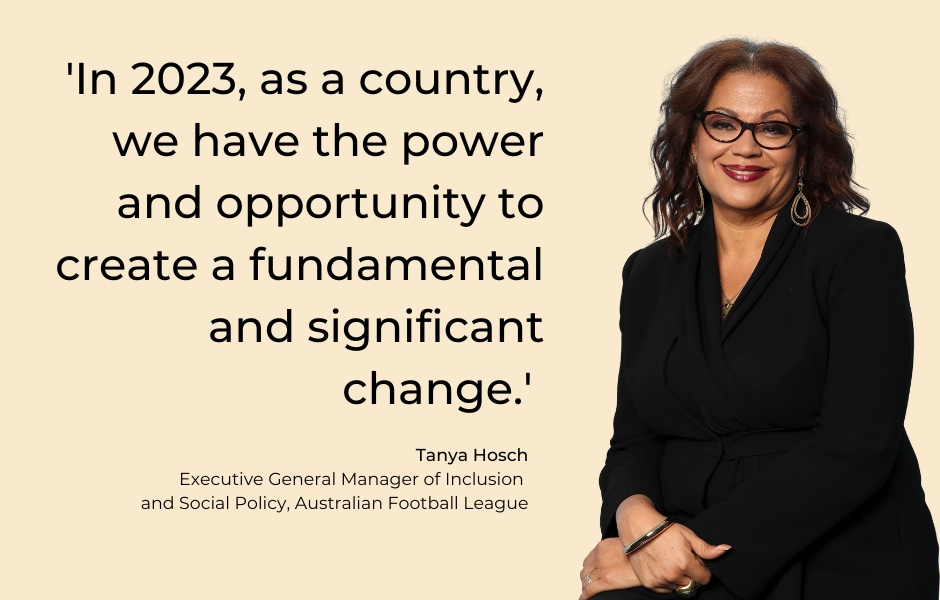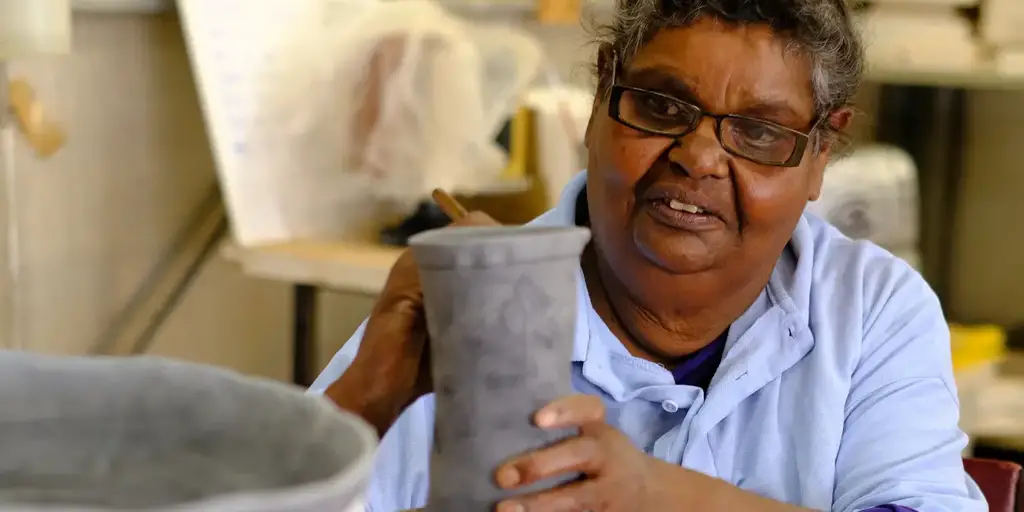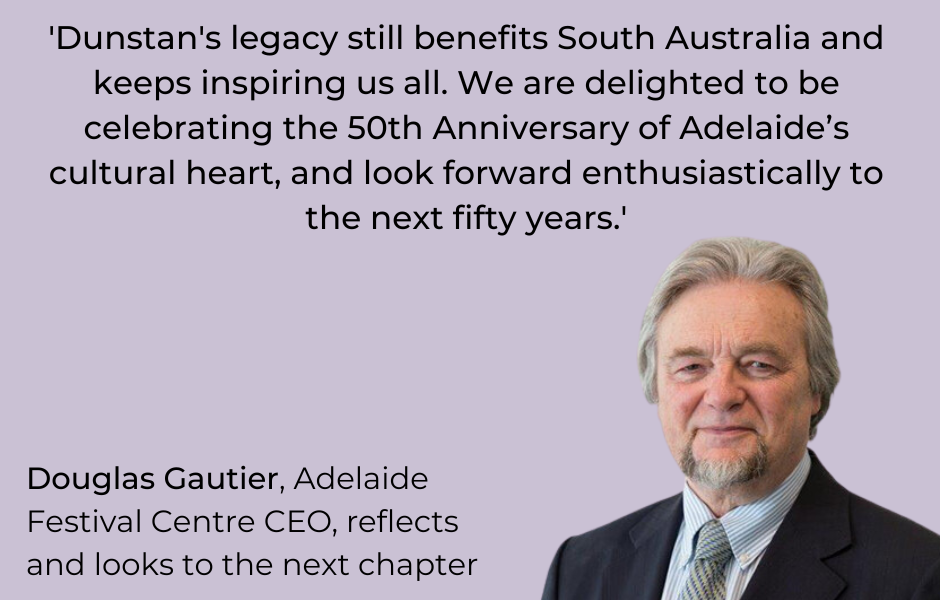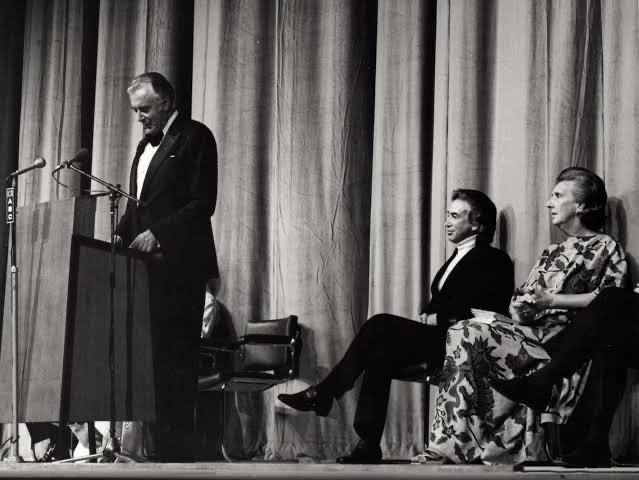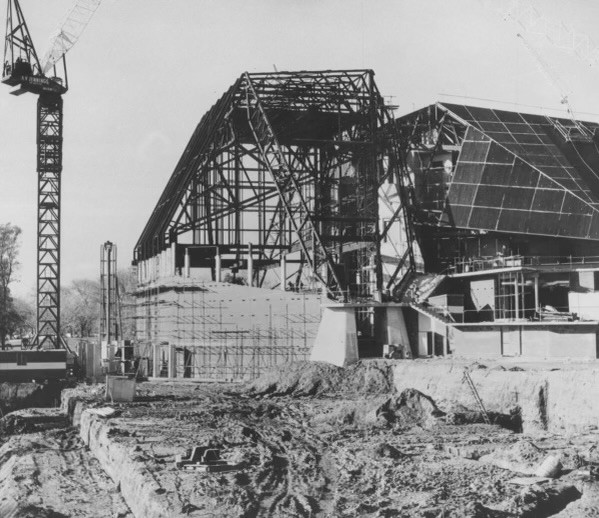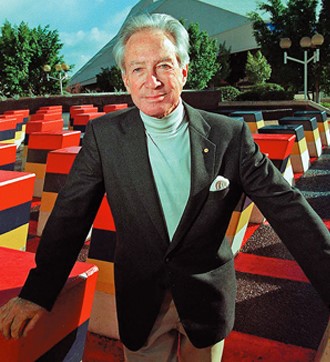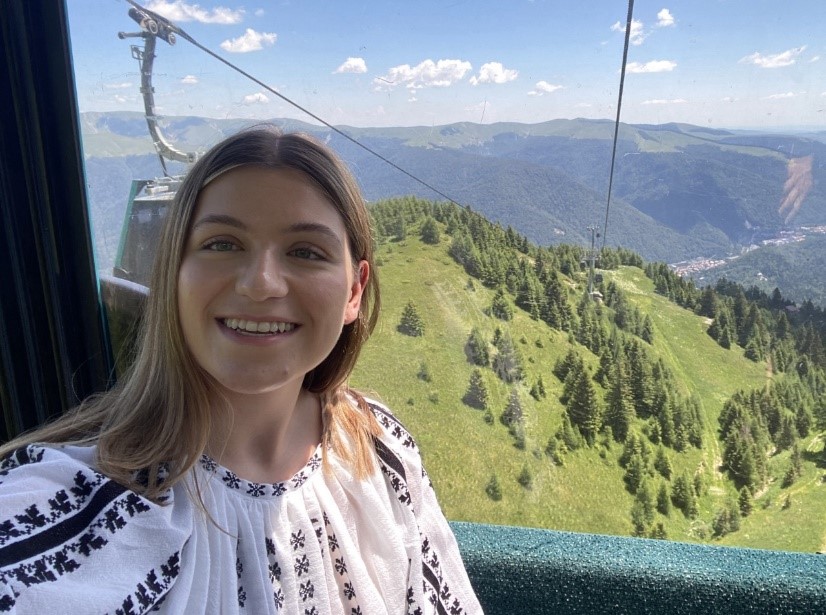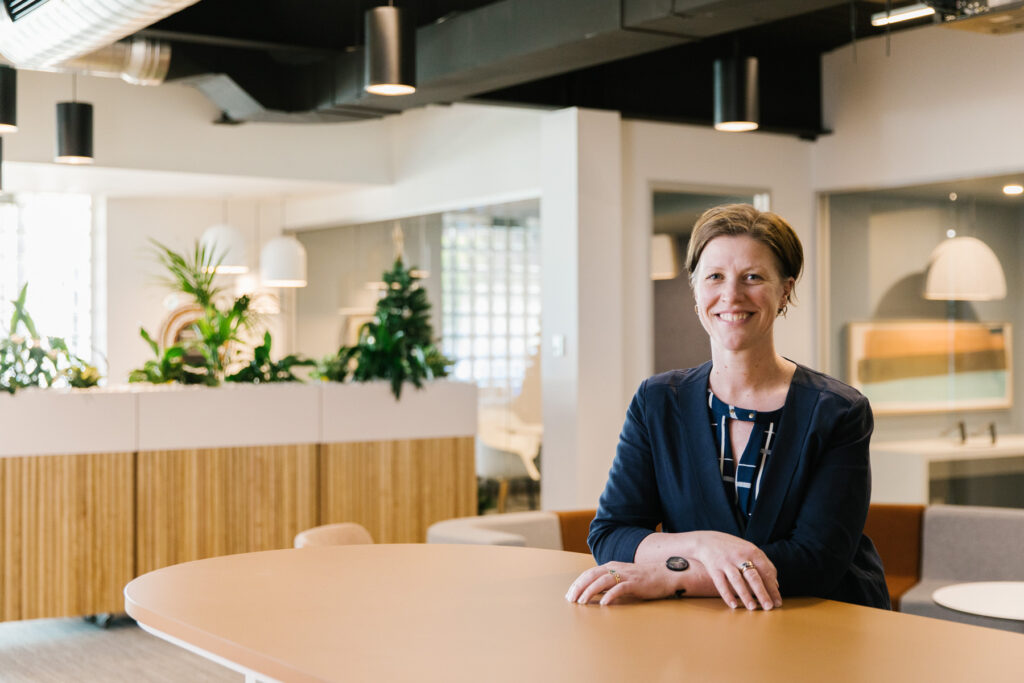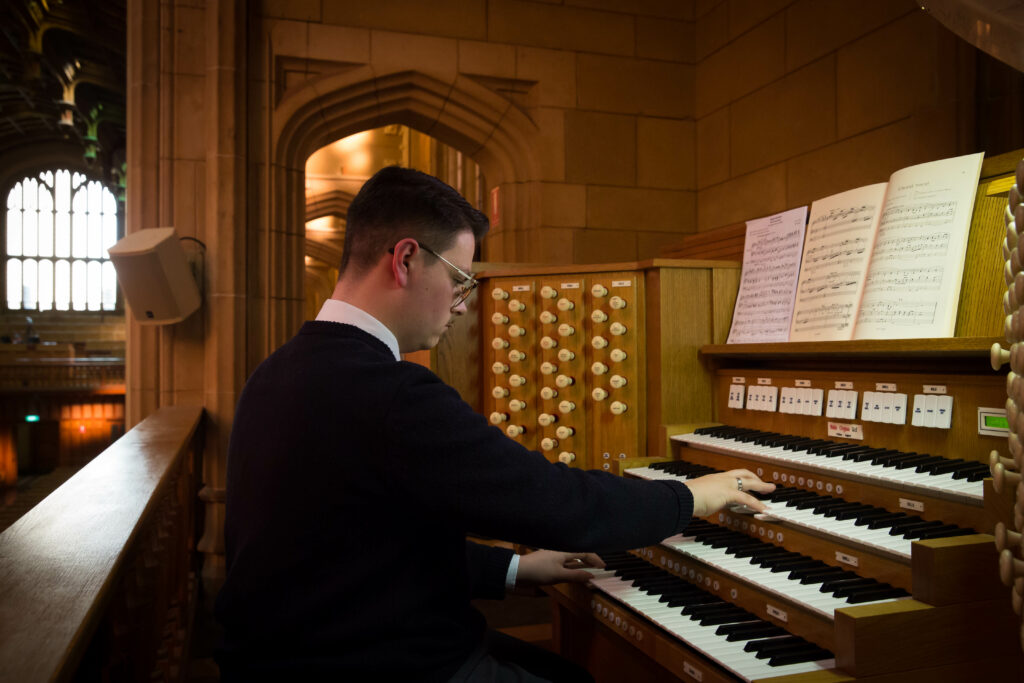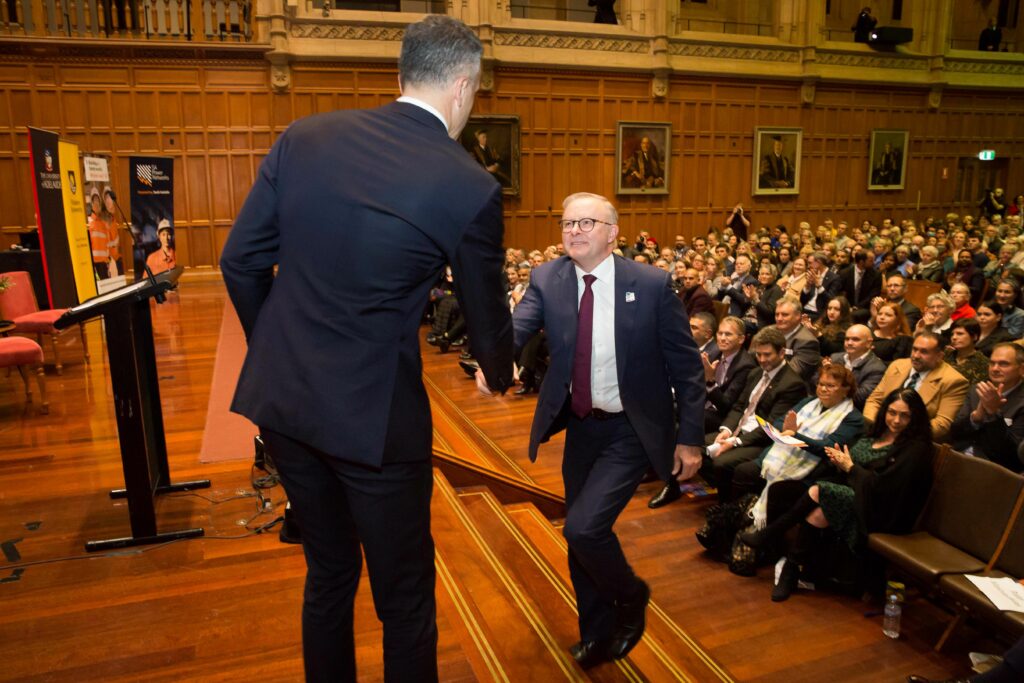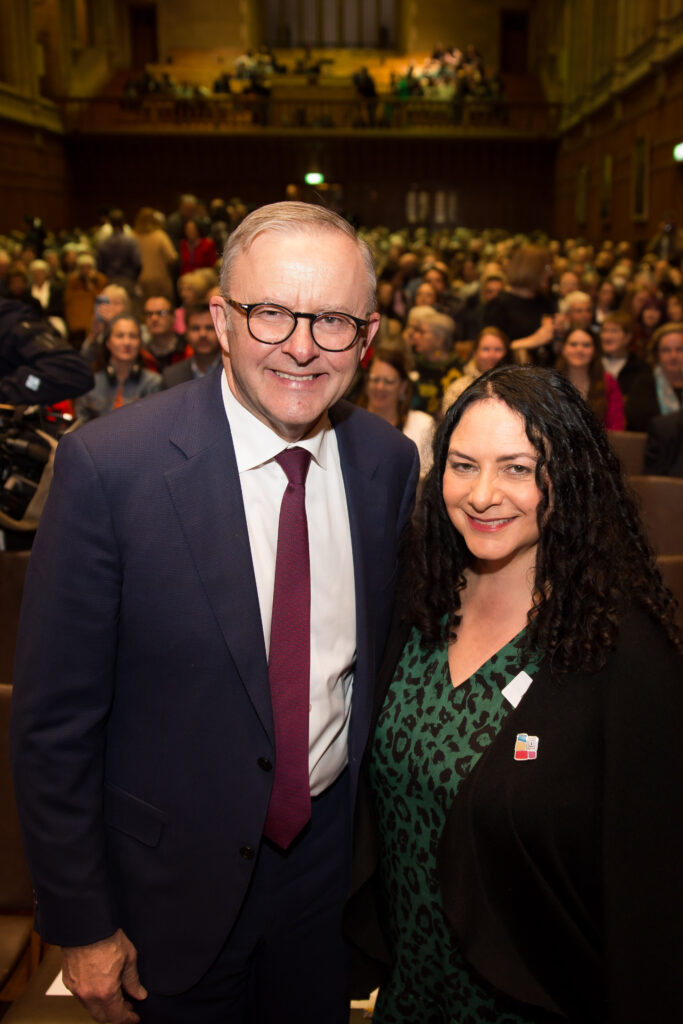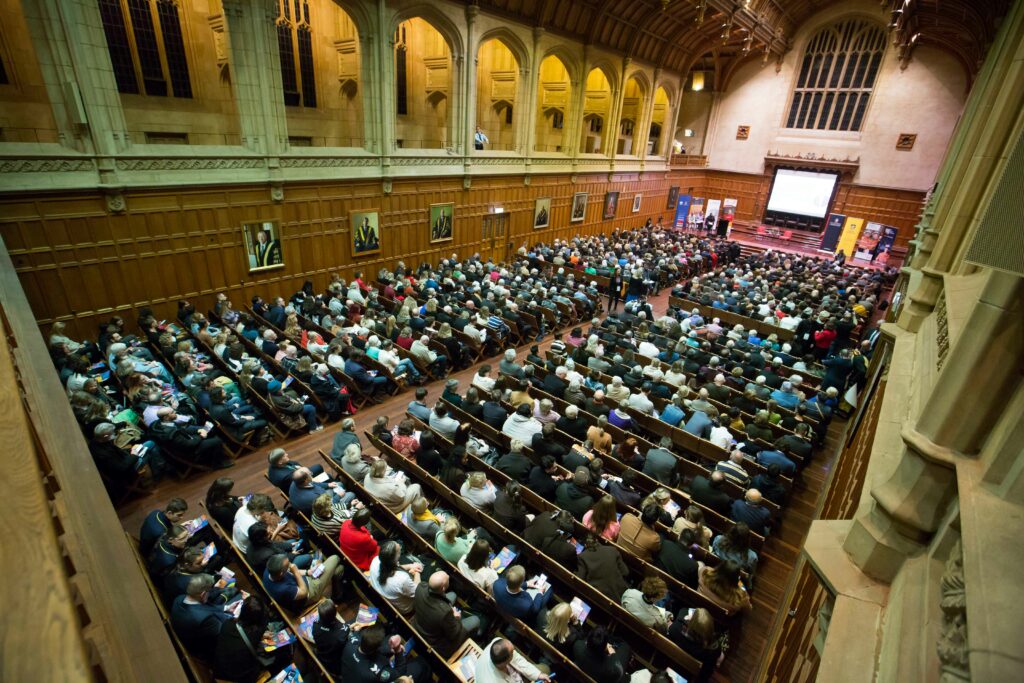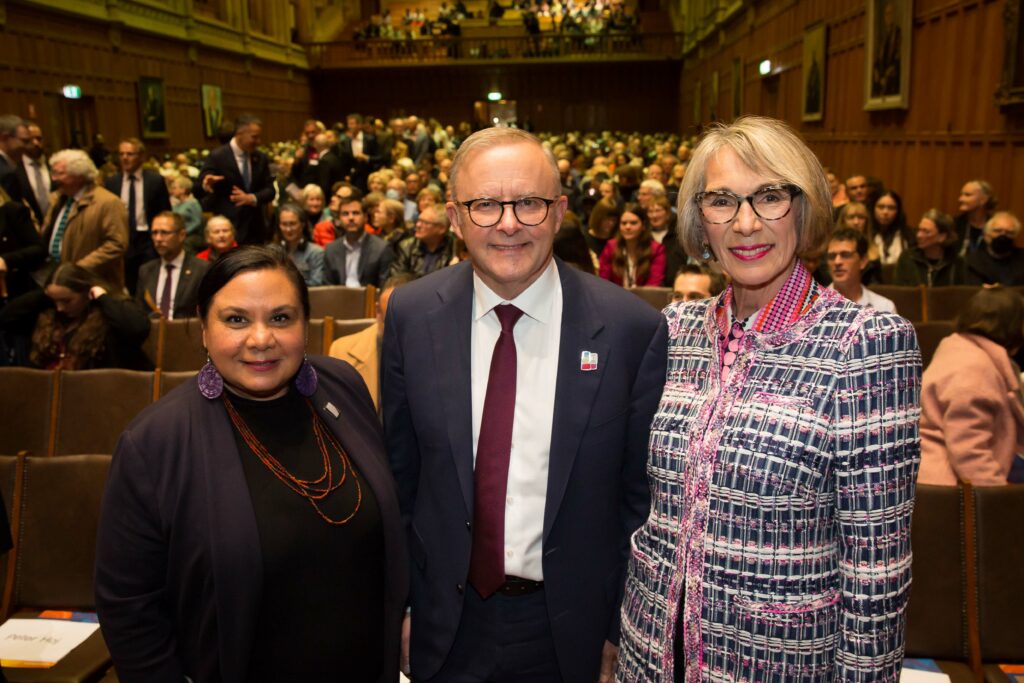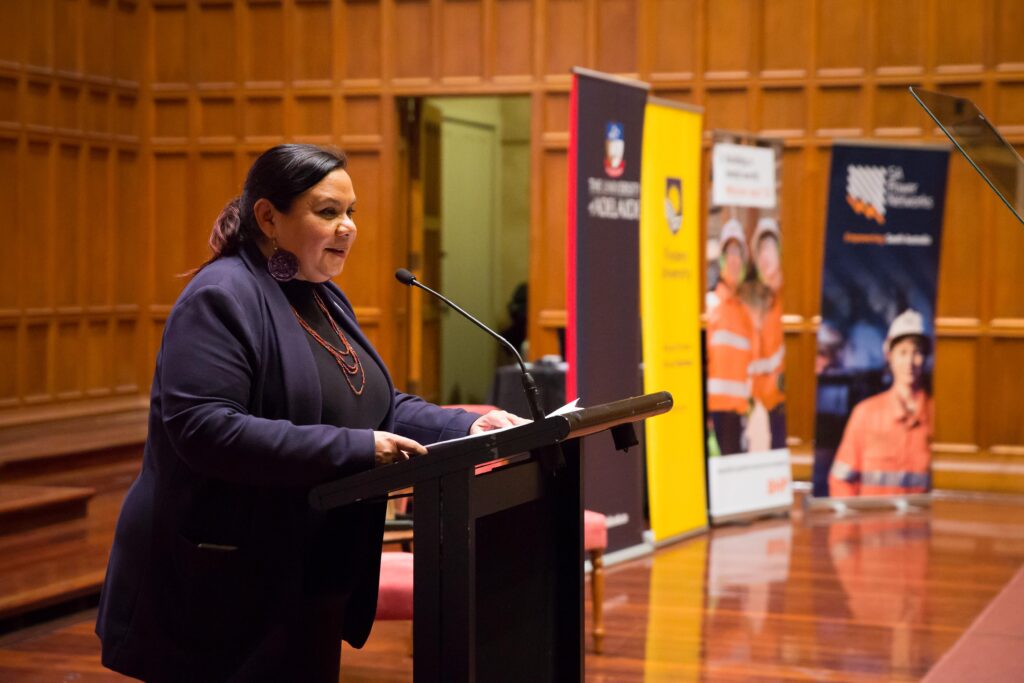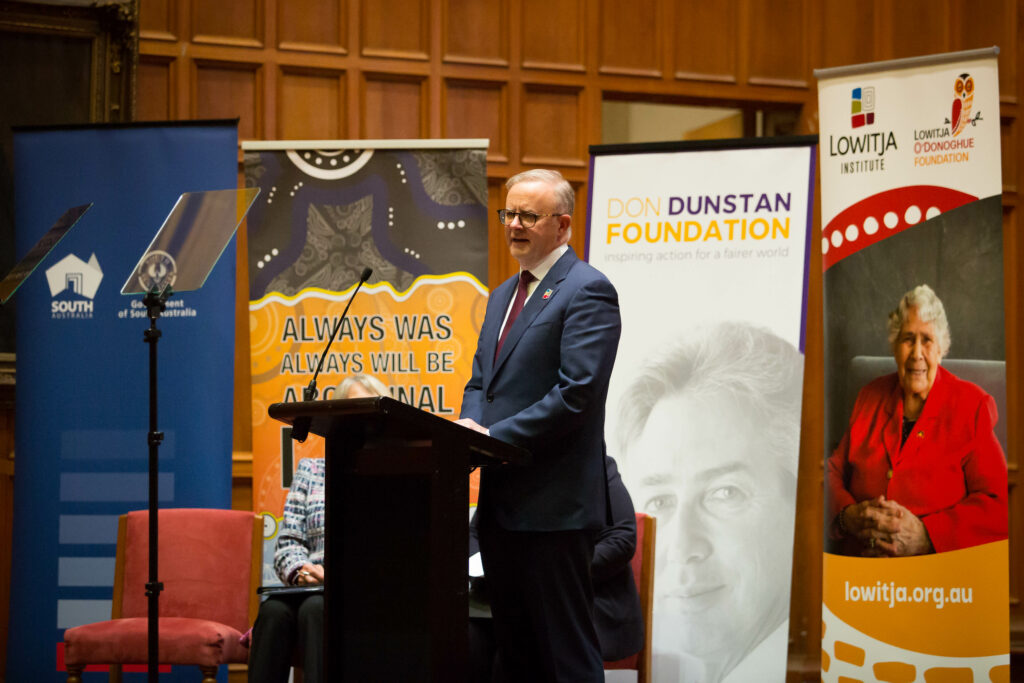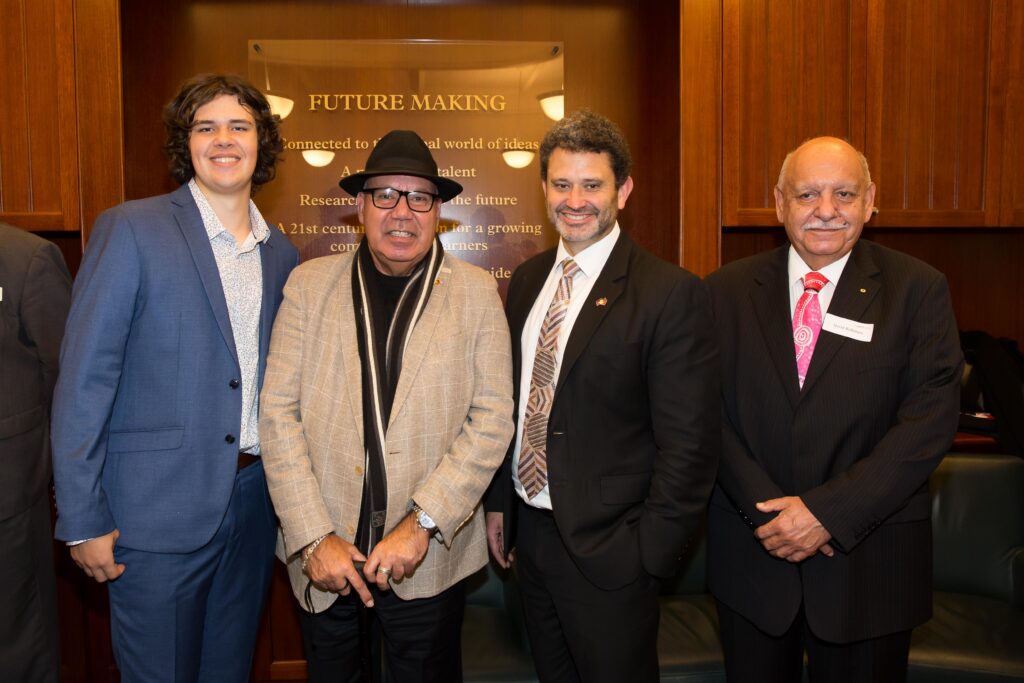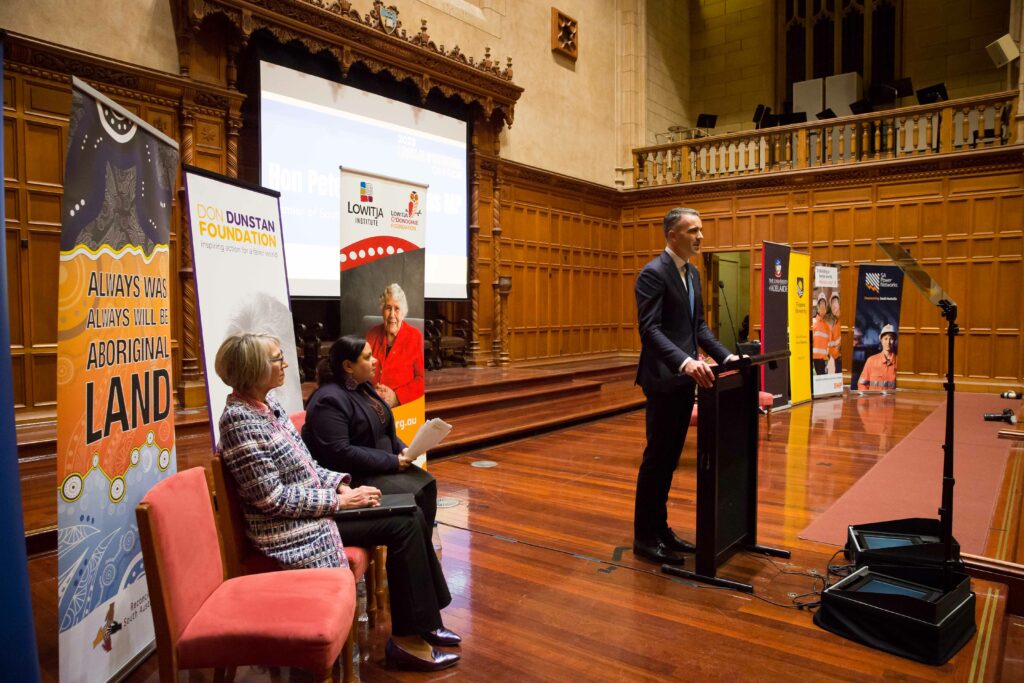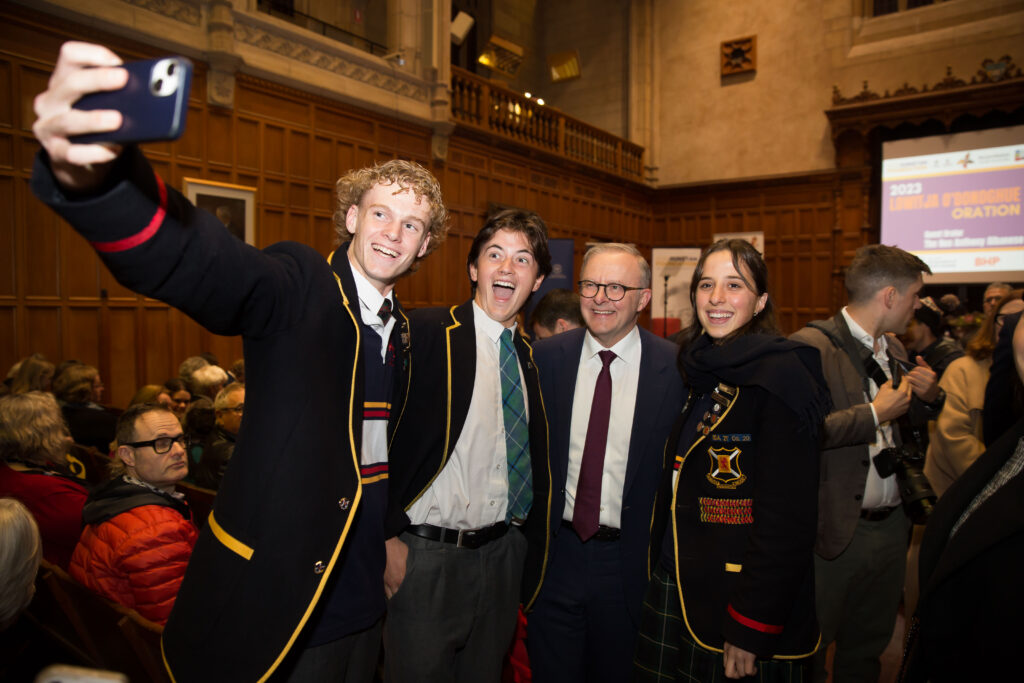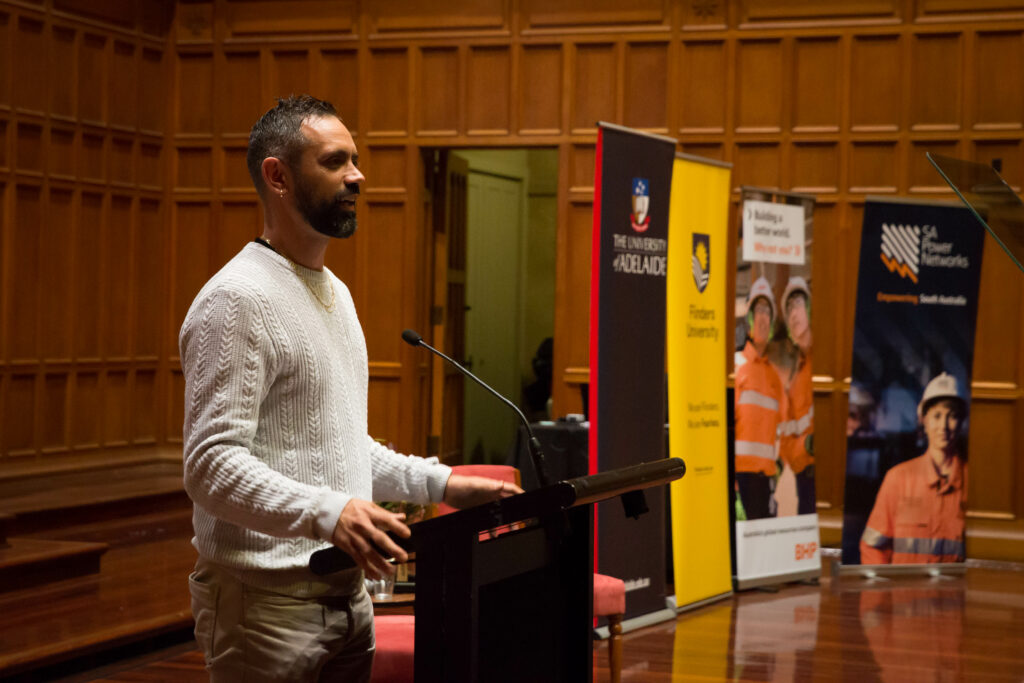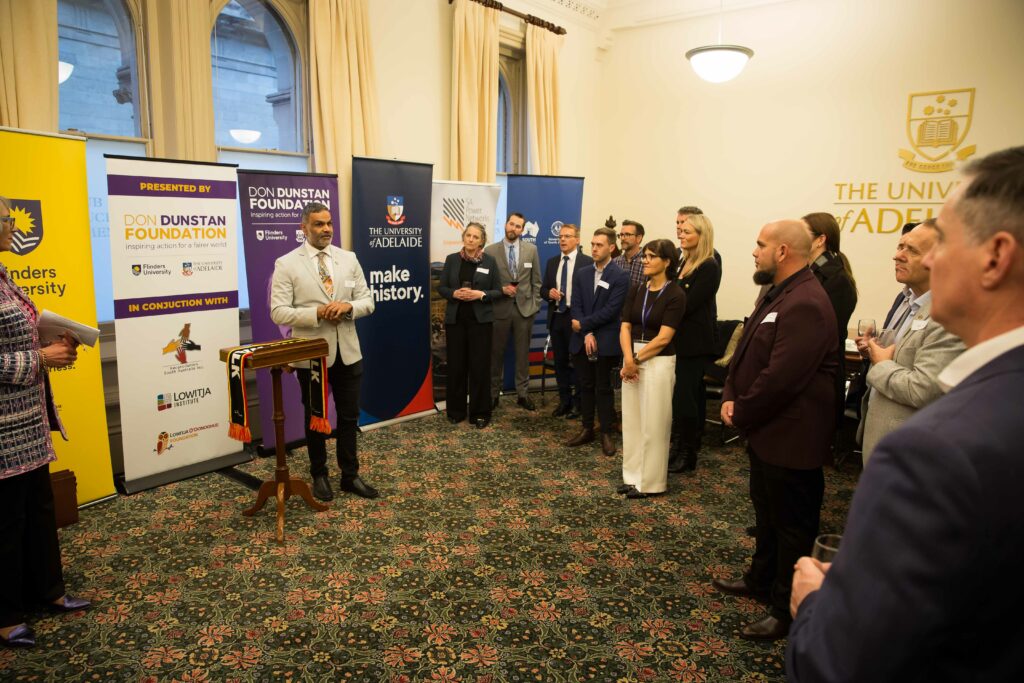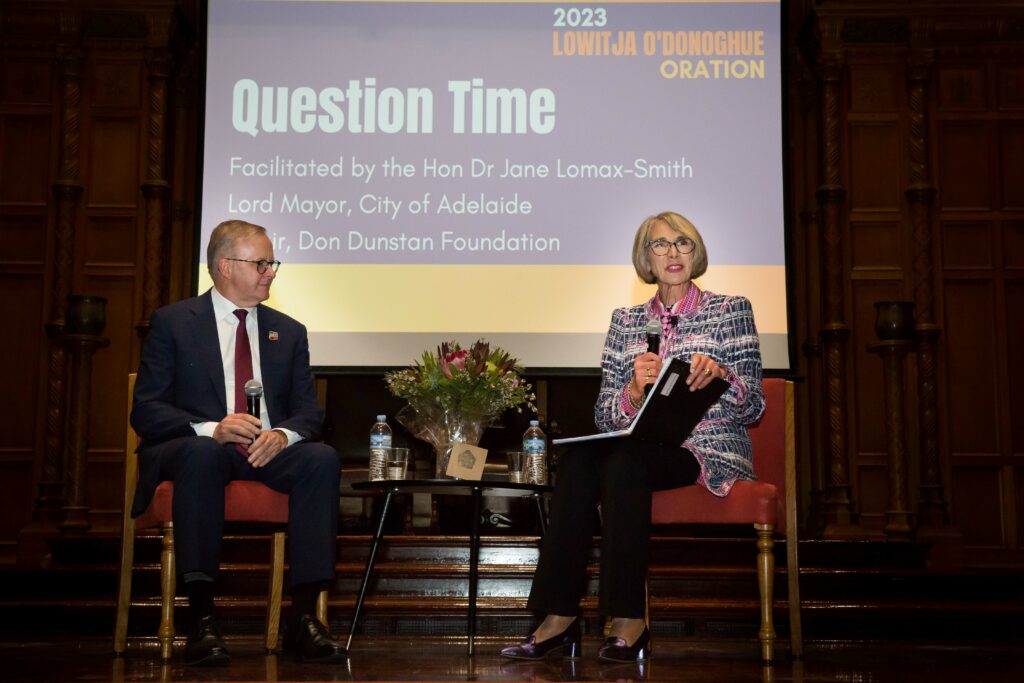A VERY DEMOCRATIC BIRTHDAY
It has been 50 years since the Dunstan Government achieved landmark reforms to our democracy in South Australia, paving the way for the creation of the Legislative Council as we know it today. Legislative change in 1973 overhauled the archaic and unfair conditions governing voting for, and representation on, the Legislative Council, and established a true “one vote one value” electoral system.
With thanks to the South Australian Parliament Research Library and drawing on sources such as Don’s own memoirs, we have put together this short history lesson showing how significant those long-fought-for changes were in enfranchising all South Australian adults and changing our Parliamentary representation for the better.
The Legislative Council was established as the first parliamentary body in South Australia in the 1842. Initially it was advisory in nature with members appointed by the Governor before voting was ‘opened’ to ‘propertied men’ (mainly in rural areas) and later, in the early 20th century, slightly widened to include the spouses of male property owners. Historically, the electoral districts were drawn with a heavy bias in favour of rural areas and from 1915 to 1975, Labor did not gain more than two members at each election, with the conservative parties always holding a sizeable majority.
The 1968 election became a key moment in the shift towards electoral reform in South Australia, as the Labor Party lost the election despite receiving 52% of the first preference votes.
Within the Upper House, Labor won 52.8% of the vote, yet won only two of the 10 vacant seats. It was further evidence of the malapportionment in South Australian elections due to the ‘Playmander’ gerrymandering system.[1]
In response, then Opposition Leader Don Dunstan introduced a Private Member’s Bill, the Constitution Act Amendment Bill. The purpose of the Bill was to ensure that all citizens who were eligible to vote for the House of Assembly could also vote for the Legislative Council.
During the second reading speech, Dunstan stated:
“Those citizens who are disenfranchised from the Legislative Council have no effective voice in the government of this State, as the Legislative Council has in this State a say that effectively prevents the will of the majority from being accepted if those who are represented in the Legislative Council in some measure or other choose by a majority to thwart the will of the majority of the people.”[2]
The Bill passed the House of Assembly but was then defeated in the Legislative Council, 15 votes to four. When the Labor Party returned to government in 1970, they attempted to pass the Bill again, but it was defeated in the Legislative Council 13 votes to six.
It was not until the re-election of the Labor Party in 1973 that the reforms were successful.
On June 19, 1973, the first sitting of the Parliament, both the Constitution Act Amendment Bill (Franchise) Bill and the Constitution and Electoral Acts Amendment Bill (Council Elections) Bill were introduced to the House of Assembly by Premier Don Dunstan. The Bill was to give full adult franchise to voters in the Legislative Council elections and remove the property qualifications that restricted who was able to vote. Importantly, voting for the Council was, for the first time, to be opened to all on the electoral roll for the House of Assembly![3]
Dunstan drove forward the creation of a single state-wide electorate of 22 members, with 11 elected each time, based on a system of proportional representation. The new Council was designed to be deadlocked and make a party majority hard to gain, making it more genuinely a house of review for legislation passed through the Lower House.
The following summary gives a flavour of how challenging the ultimate passage of this landmark legislation was:
On June 21, 1973, the second reading speeches for both Bills were given in the Legislative Council. Debate then resumed on June 26. The Leader of the Opposition in the Legislative Council, Renfrey DeGaris, stated that the Franchise Bill would pass unanimously, however, it was dependant upon the Elections Bill which continued to cause debate.[4]
The Legislative Council thus continued to propose amendments to the Elections Bill which the House of Assembly did not agree with, despite the possibility of a double dissolution if the adjoining Bill did not pass. On June 27, representatives from both the House of Assembly and the Legislative Council met in a conference of managers of the two Houses that lasted from 8:15pm until 1:45am the following morning. During the conference, Dunstan claimed to have the papers to the Governor recommending a double dissolution clearly visible within his bag.[5]
The predominant change to occur during the conference was to create ‘a single transference of votes from those with less than half a quota to those with more than half a quota’ to create proportional representation.[6] Enrolment to vote was also compulsory but voting was not. The amendments settled on within the conference were then accepted by both houses, and the Constitution and Electoral Acts Amendment Bill (Council Elections) Bill was passed.[7] [8]
Since these significant reforms in 1973, the proportional representation system has tended to favour minor parties, and they have usually held the balance of power in the Legislative Council.
And critically, they continue to demonstrate the “one vote one value” system and allow all those eligible to vote to have a vote of equal value in the State’s Upper House.
[1] Neal Blewett and Dean Jaensch, Playford to Dunstan: The Politics of Transition, Melbourne: Cheshire Publishing, 1971, p. 168.
[2] South Australian Parliamentary Debates, House of Assembly, Dunstan, 16 October 1968, p. 1925.
[3] South Australian Parliamentary Debates, House of Assembly, Dunstan, 19 June 1973, p. 18.
[4] South Australian Parliamentary Debates, Legislative Council, DeGaris, 21 June 1973, pp. 89-90.
[5] Don Dunstan, Felicia: The Political Memoirs of Don Dunstan, Melbourne: Macmillan, 1981, p. 215.
[6] South Australian Parliamentary Debates, House of Assembly, Dunstan, 27 June 1973, pp. 161-62.
[7] South Australian Parliamentary Debates, Legislative Council, Kneebone, 27 June 1973, pp. 148-149.
[8] South Australian Parliament Research Library, Report #2118 2023
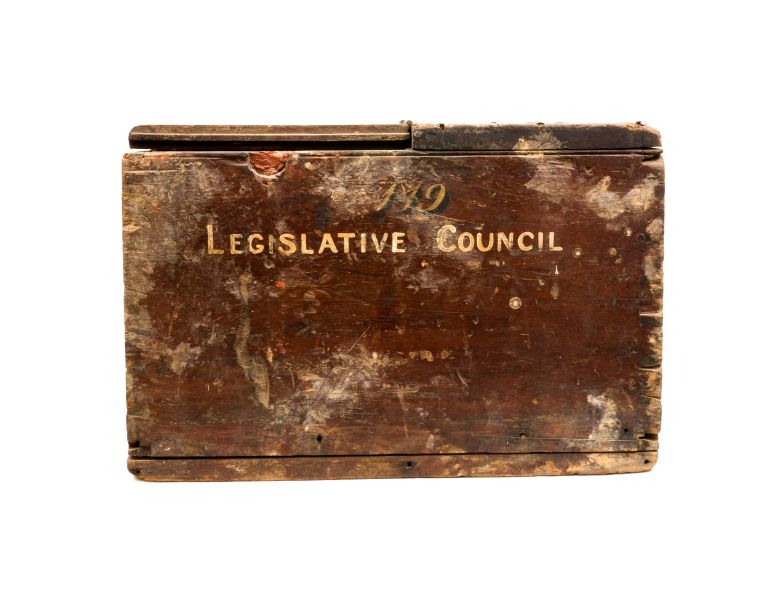
Pic: This ballot box, featured in the Centre of Democracy, was understood to have been used to conduct Legislative Council elections in the late nineteenth and early twentieth century.


